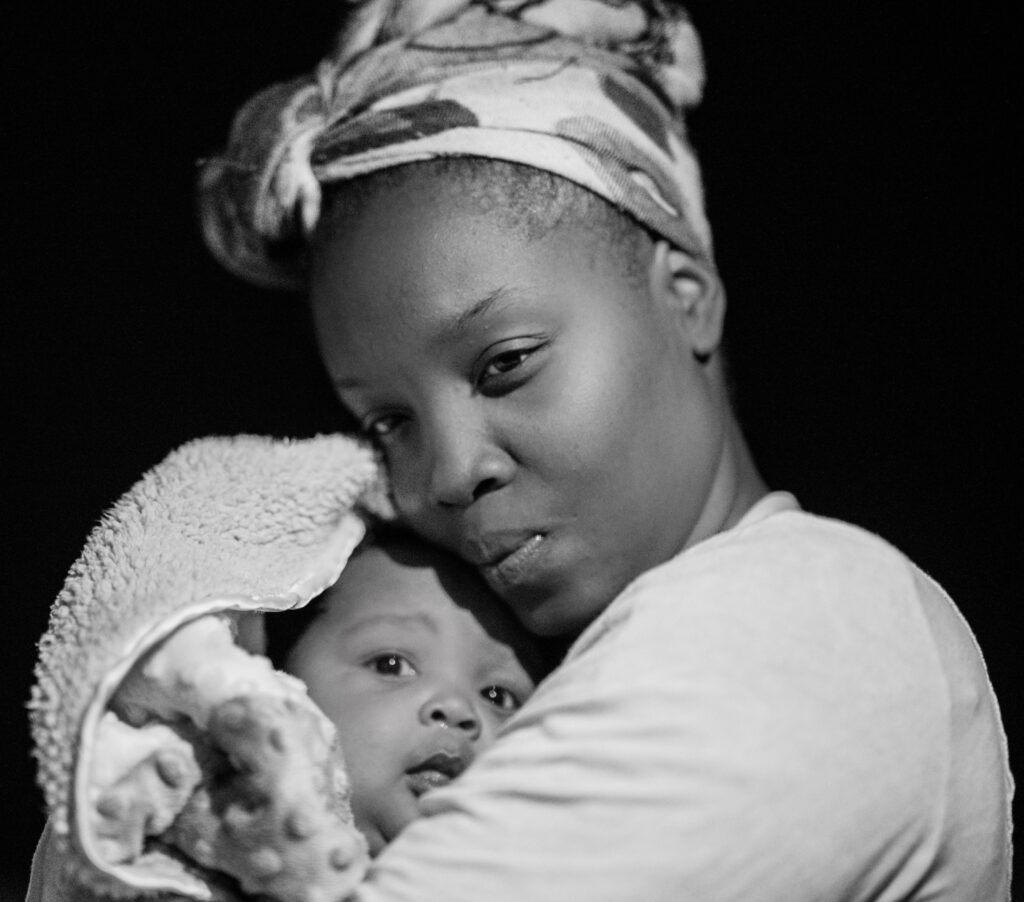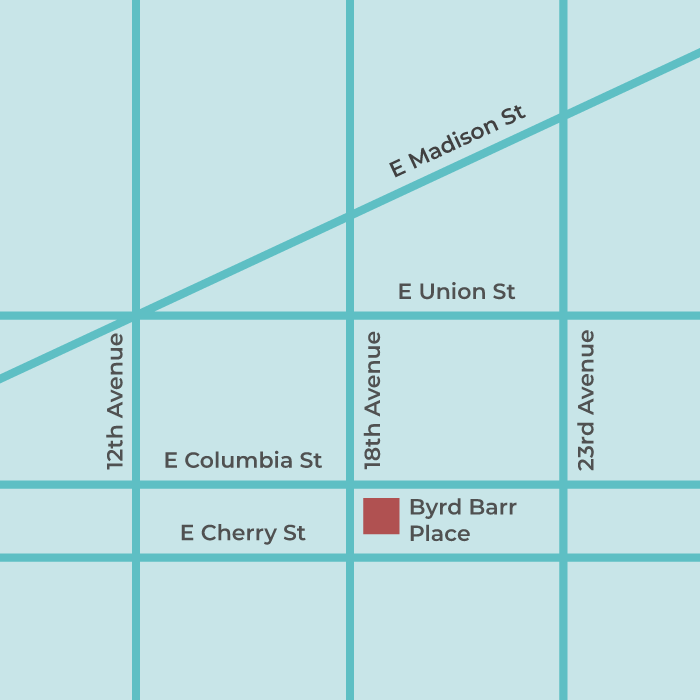Photo by Andrae Ricketts on Unsplash
Ushering Black life into this world is a beautiful responsibility, one that both relies upon and strengthens community. As the old African proverb says, “It takes a village to raise a child,” and healthy mothers and children are our pride and joy.
However, Black birthing people often face conditions that disrupt and degrade the divinity of this experience. The metrics are well known, Black mothers face medical and systemic racism, which results in higher numbers of C-sections, greater postpartum complications, as well as rates of death that exceed those of white mothers at every income level. These forces are pernicious. Studies show that many risk factors predate pregnancy because of the weathering effect of generations of racial discrimination and systemic oppression creating biological changes that affect the health of future mothers and their newborns.
Black women deserve more than constant reminders of all the ways systems fail us, we deserve radical solutions. The Black Well-being: Moving Toward Solutions Together report, produced by the Black Future Co-op Fund, in partnership with Byrd Barr Place, calls for redefining the very notion of care stating, “care isn’t just something we deserve in crisis. It is loving attention to the conditions necessary for our well-being.” The report goes on to call for care that addresses mind, body, emotions and spirit, as well as care for the family and community. The emphasis is on practices that are culturally relevant, trauma informed, holistic and revolutionary.
Disrupting systems that perpetuate health inequities
To reimagine systems and services that provide holistic support, Byrd Barr Place is partnering with Cardea, a national, women-of-color-led organization steeped in social impact evaluation and policy advancement, to conduct a “Black Perinatal Health in Washington” landscape analysis.
Cardea will interview Black Washingtonians who are, were or want/wanted to become pregnant, as well as perinatal health care providers and community support providers about their experiences and their ideas for disrupting health inequities. Cardea will also lead a Photovoice process with groups of Black people who are, were or want/wanted to become pregnant. This is a participatory research method designed to elevate the voices of those who experience limits to their power due to systemic oppression. In addition, Cardea will curate and analyze quantitative data.
Building from these insights, Byrd Barr Place and Cardea will work in partnership with a videographer to create a series of strengths-based video stories that lift up Black Washingtonians’ experiences and wisdom related to perinatal health. The video series will put forth and amplify community identified approaches to Black maternal and child health equity.
Advancing solutions that center Black humanity
While systemic changes remain a priority, Black folks have a long legacy of intra community interventions that center our humanity. For generations midwives were a staple of the Black birthing experience, supporting mothers and their families. But as the western world began to understand pregnancy and birth as a medical problem to be solved rather than community experiences to be shared, Black midwifery was disparaged as a barbaric remnant of a pre-industrial past, leaving many Black mothers to the whims of an industrialized medical system rife with racism.
Standing on the shoulders of ancestors like Odessa Brown, a former community organizer at CAMP (our previous organization name) and a fierce advocate for equitable access to health care in Seattle’s Central District, Black women have reclaimed the legitimacy of community wisdom and Black expertise in maternal care. The resurgence of Black doula services, in particular, has been a successful intervention for Black birthing people. Doulas are employed to provide support and guidance to a person in labor by advocating for the needs of the birthing person and acting as a liaison between the patient and clinical staff. Doulas represent the prioritization of community support, and the benefits of this support are well documented; mothers who deliver with a doula are two times less likely to experience a birth complication than mothers who go it alone.
BLKBRY is a local collective of reproductive and birth workers, doulas, lactation and feeding specialists, and womb healers specifically serving Black women in and around King County. Founded by Jazmin Williams in response to her own traumatic birthing experiences, the collective provides care for Black mothers that centers the Black experience and Black humanity.
Community-led organizations like BLKBRY are cropping up across the nation, not only to fill a desperate need, but in celebration of Black life and the centrality of community support in successful pregnancy, birth and life beyond. They represent a fundamental paradigm shift in the way Black women engage with the health care system and notions of true well-being.
This Women’s History Month, we join our sisters-in-arms in the celebration of Black womanhood, Black motherhood, and the sacredness of Black birth.


